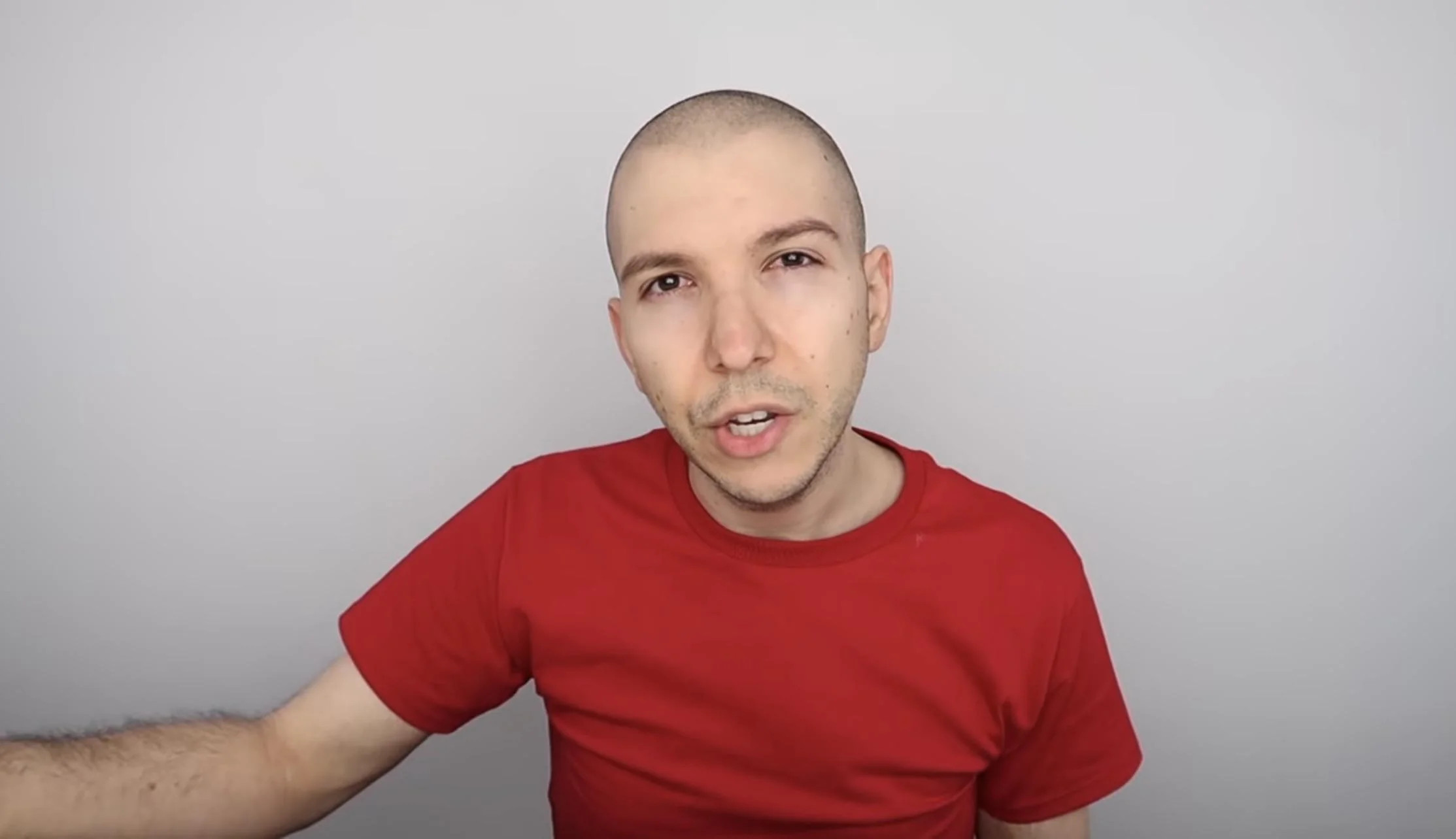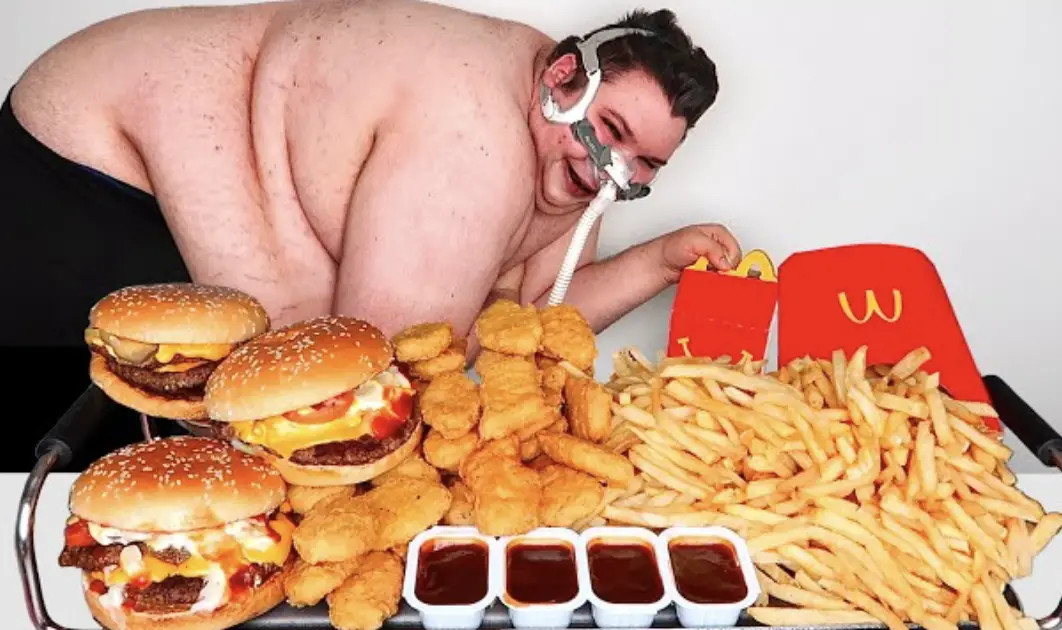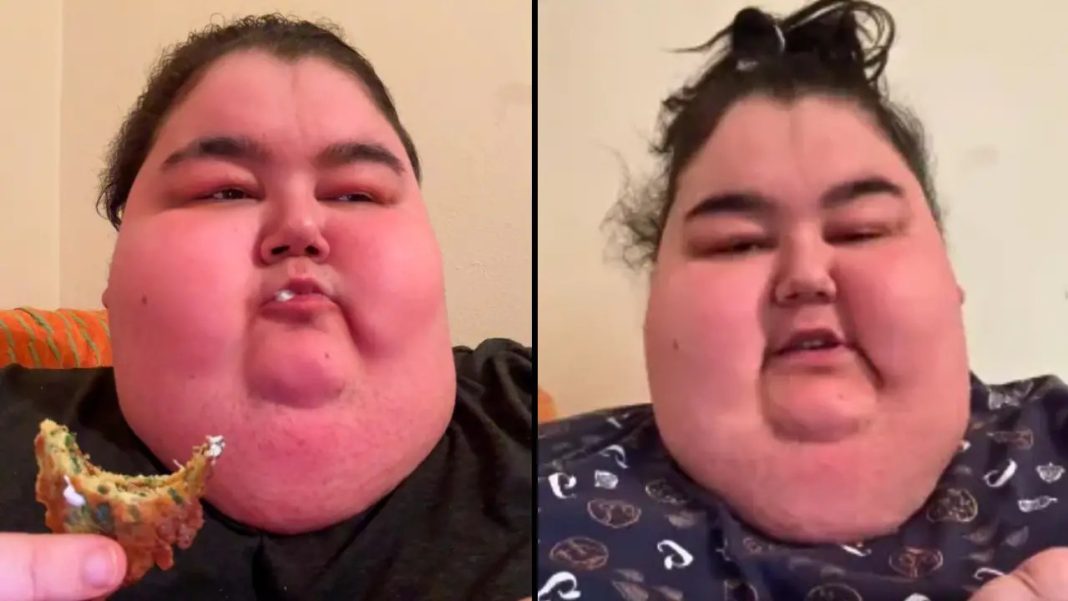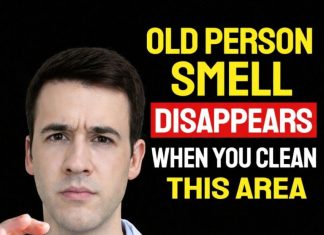The Tragic Passing of Mukbang Influencer Efecan Kultur
In a heartbreaking turn of events, Efecan Kultur, a prominent TikTok personality known for his mukbang videos, has died at the young age of 24, raising alarms about the potential dangers of extreme eating trends that have gained immense popularity on social media. The Turkish content creator garnered significant attention on TikTok, amassing over 150,000 followers who eagerly tuned in to watch him consume large quantities of traditional Turkish cuisine in his videos. His untimely death has not only shocked fans around the world but has also reignited a crucial conversation about the risks associated with the mukbang phenomenon, which has been connected to several fatalities in recent years, highlighting a disturbing trend in influencer culture.

The Mukbang Phenomenon
Mukbang, a term that originated in South Korea in the early 2010s, is derived from the combination of the words “muk-ja,” meaning “to eat,” and “bang-song,” meaning “broadcast.” In these videos, content creators eat enormous amounts of food while engaging interactively with their audience in real-time. The format quickly gained traction, evolving into a global trend that has turned many influencers into social media stars with lucrative careers fueled by sponsorships and advertising revenue. For instance, some of the most recognizable figures in the mukbang community include South Korean sensation Dona, who boasts an astonishing 21 billion views across her content, and Ukrainian-American creator Nikocado Avocado, who has garnered approximately 10 billion views across platforms like TikTok and YouTube. This trend has not only transformed culinary entertainment but has also sparked discussions about consumer behavior and its connection to mental health.

Health Risks and Concerns
Despite its soaring popularity, mukbang content has faced significant criticism for promoting unhealthy eating habits and contributing to food waste. Numerous health professionals and nutritionists have voiced their concerns regarding the implications of mukbang on viewers and creators alike. In response to these alarming health implications, some countries, such as China, have taken decisive actions by banning mukbang-related content altogether. This decision was influenced by President Xi Jinping, who condemned such displays as a “distressing” exhibition of wastefulness that contradicts national values surrounding food sustainability. Moreover, a study published in the International Journal of Mental Health and Addiction in 2021 revealed a troubling correlation between excessive mukbang viewing and disordered eating behaviors among viewers, raising considerable alarm among health professionals.

Research conducted among South Korean students indicated that nearly one-third of regular mukbang viewers acknowledged experiencing self-diagnosed tendencies towards junk food overconsumption, further underlining the trend’s potential impact on dietary habits. The repercussions of mukbang are not merely anecdotal; influencers like Nikocado Avocado, who recount his personal struggles, have openly discussed the severe health implications of their participation in the trend. Nikocado, whose real name is Nicholas Perry, has suffered from various health issues attributed to extreme eating, including debilitating mobility challenges, sleep disorders, and serious digestive problems. In September, he revealed in a video that he had lost an astonishing 110 kilograms since his peak weight and had undergone multiple surgeries to address the excess skin resulting from his significant weight loss—a stark reminder of the physical toll associated with this high-stakes content creation.
Misleading Practices and Community Responses
Within the mukbang community, some creators have faced serious accusations of misleading their audiences by pretending to consume vast quantities of food. Reports have surfaced suggesting that certain influencers might spit food out off-camera to create an illusion of excess consumption, undermining the authenticity that viewers seek. This raises the question of responsibility among content creators in an age where perception can easily be manipulated for views and engagement. However, there have been proactive measures taken by some mukbang creators to raise awareness about the potential health risks associated with extreme eating challenges. For instance, Indian mukbang creator Ashifa ASMR, who has over 720,000 subscribers on YouTube, began incorporating disclaimers in her videos in 2023, indicating that her content is filmed in multiple sittings to mitigate health risks. Such transparency is vital for educating fans about safe consumption and fostering a healthier engagement with food.
The Deteriorating Health of Efecan Kultur
In the months leading up to his tragic death, Efecan Kultur’s health reportedly declined significantly. In December, he was admitted to the hospital due to complications related to obesity, which included severe difficulties standing, breathing issues, and recurrent bruising. Reports suggest he ultimately became bedridden, reliant on a breathing machine for survival. Local news agency Turkiye Today reported that Kultur passed away on March 7, 2023. This tragedy has drawn parallels to other fatalities linked to the mukbang trend, such as the case of Pan Xiaoting, a 24-year-old Chinese influencer who died last July after her stomach ruptured during a live-streamed challenge where she attempted to consume 10 kilograms of food in just ten hours. Similarly, Dongz Apatan, a Filipino mukbang creator, suffered a fatal stroke following an eating challenge involving large quantities of fried chicken. These incidents underscore the urgent need for a reevaluation of the mukbang culture and its health risks.
Concluding Thoughts
The death of Efecan Kultur serves as a stark reminder of the dangers associated with the mukbang phenomenon and the extreme eating challenges that have captivated audiences online. As the trend continues to evolve, it is imperative for both creators and viewers to engage in thoughtful discussions about the implications of such content. While mukbang can be entertaining and provide a unique look into various cuisines, it is crucial to prioritize health and well-being over sensationalism. The community must strive for accountability and transparency, ensuring that the allure of mukbang does not overshadow the very real health risks it poses. Moving forward, fostering a dialogue that emphasizes moderation and responsible content creation will be essential in protecting both creators and their audiences.

















